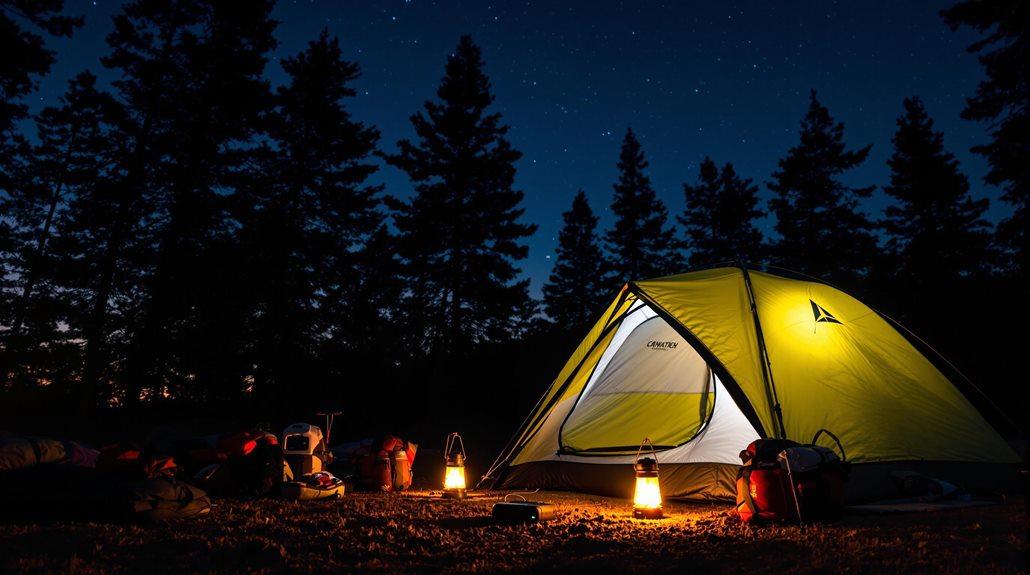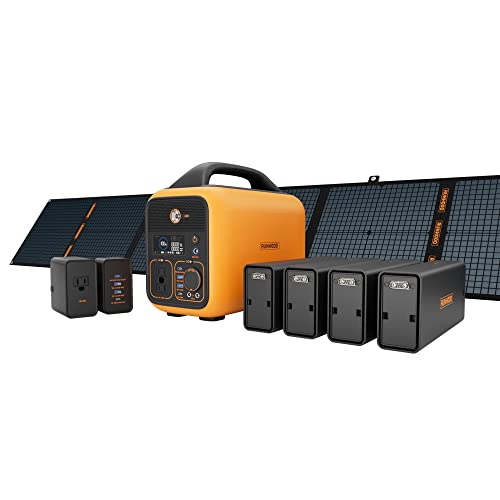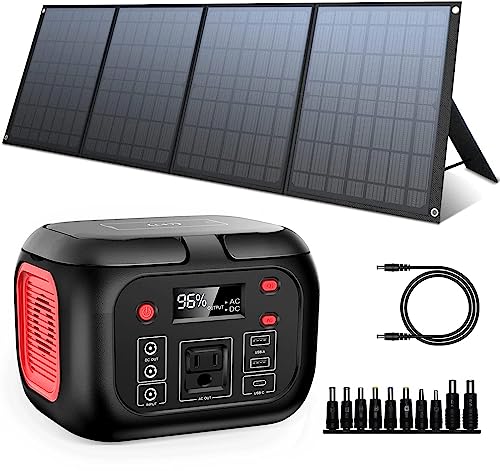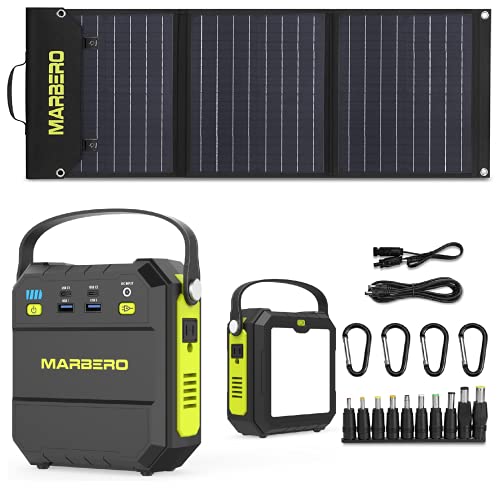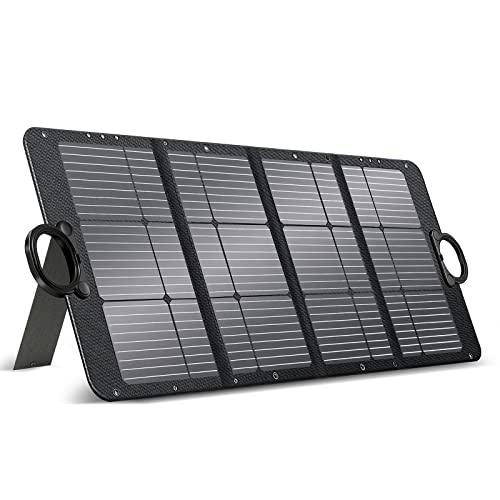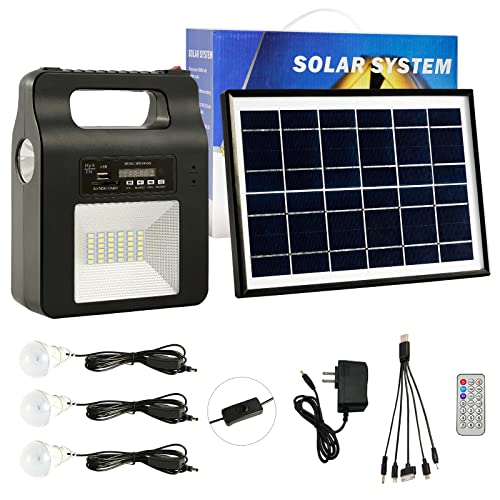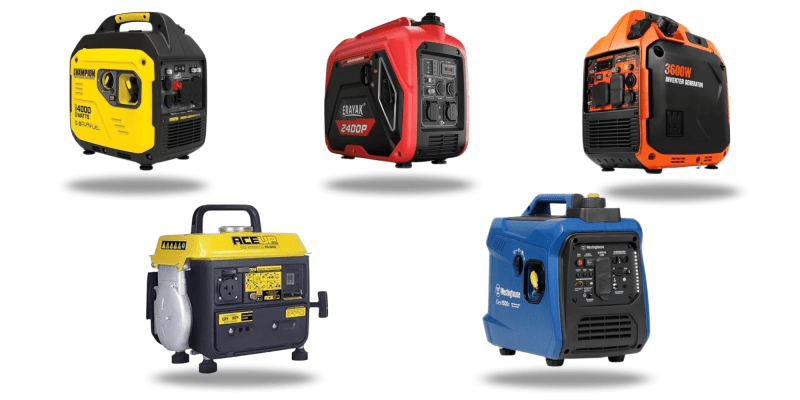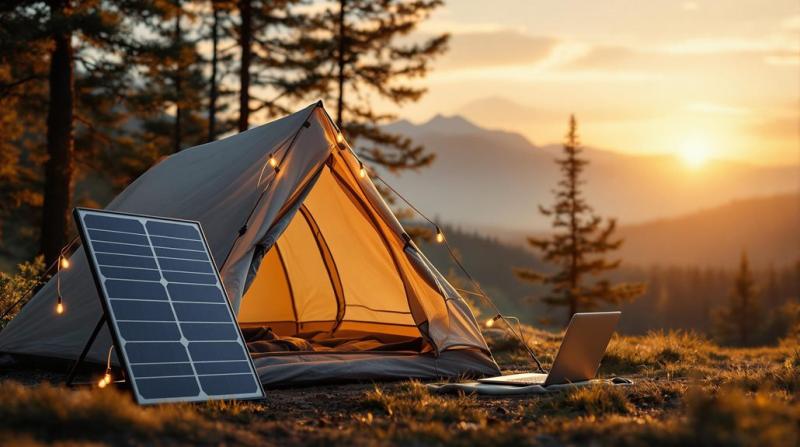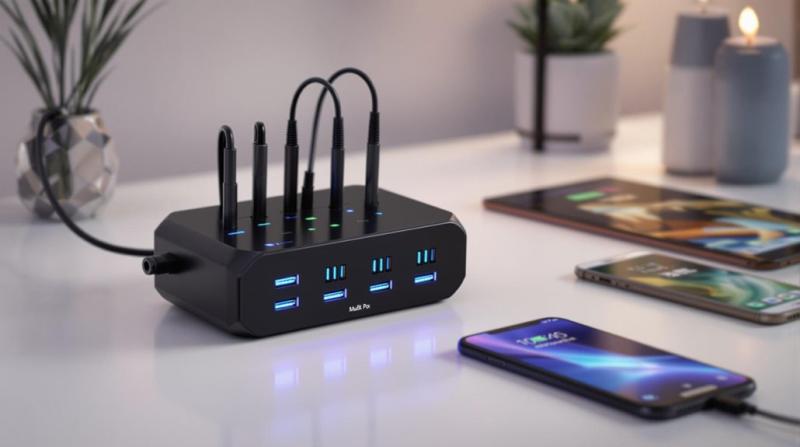Backup power is vital for your camping safety and comfort, especially in remote locations where you can't simply plug into an outlet. You'll need reliable power to keep essential devices running, including GPS navigation systems, emergency communication equipment, and medical devices. A well-planned power solution guarantees you can maintain contact with emergency services, navigate accurately, and operate critical equipment in any weather condition. Quality power stations with multiple charging options, solar capabilities, and weather resistance provide the reliability you need for both everyday camping activities and emergency situations. Proper power planning could make the difference between an enjoyable outdoor adventure and a potentially dangerous situation.
Key Takeaways
- Backup power ensures essential safety devices like satellite phones and GPS systems remain operational during emergencies in remote locations.
- Reliable power sources maintain critical medical equipment functionality when camping far from traditional electricity sources.
- Weather-resistant power stations provide continuous electricity for navigation tools regardless of challenging environmental conditions.
- Multiple charging options support emergency communication devices, keeping vital contact capabilities available throughout camping expeditions.
- Backup power systems enable extended stays in remote areas by supporting essential electronics while maintaining a 50% emergency reserve.
Essential Equipment for Safety Communication
Most outdoor adventurers don't realize how quickly their safety devices can drain power until they're deep in the wilderness. When you're camping in remote locations, maintaining reliable communication devices becomes essential for your safety and emergency response capabilities. High-capacity stations provide the robust power output needed for emergency equipment, often exceeding 2,000 watts for larger devices.
You'll need to verify your portable power stations are equipped with multiple USB ports to charge various devices simultaneously. Your satellite phones, GPS navigation systems, and two-way radios all require consistent power to function properly, and modern lithium-ion battery technology provides the stable voltage output these devices need. When selecting a power station for your trip, consider one that can handle charging multiple communication devices several times over.
Before heading out, test your power station's compatibility with all your safety equipment. You'll want to verify that it can support your satellite phone's specific voltage requirements and provide enough power for extended use. Many current models offer enough capacity to keep your essential communication devices running throughout a multi-day camping expedition, which is critical when you're far from traditional power sources. Remember to pack any necessary charging cables and adapters to maintain your emergency communications network.
Power Station Selection and Planning
Choosing the right portable power station boils down to three key factors: your power needs, trip duration, and weight constraints. Start by listing all your electrical devices and their wattage requirements, then calculate your daily power consumption to verify you'll have enough electricity throughout your camping trips. Popular models like top rated generators from Jackery and Goal Zero consistently receive high customer satisfaction ratings above 4.5 stars.
When selecting a power station, you'll want to check both the capacity (measured in watt-hours) and power output capabilities. A typical camping setup might include charging phones, laptops, and LED lights, requiring at least 300-500 watt-hours of capacity. If you're planning extended trips, consider a solar generator add-on to recharge your power station using sunlight.
Compare different portable power options based on their weight-to-capacity ratio, as you'll need to transport your backup power source to your campsite. Look for units with multiple output ports that match your devices' requirements, including USB, AC, and DC outputs. Don't forget to factor in weather resistance and durability ratings, especially if you're camping in challenging conditions. Finally, test your power station at home before your trip to verify it meets your power needs and familiarize yourself with its operation.
$891.62
4.94 out of 5 starsRunhood Rallye 600 Pro Portable Power Station
Power up Your Adventures Anywhere with the Runhood Rallye 600 Pro Portable Power Station
Product information
Product Review Score
Product links
Remote Location Power Requirements
Remote camping locations present three distinct power challenges that require careful planning: communication devices, navigation tools, and emergency equipment. When you're off the grid, you'll need reliable backup power solutions to keep these essential electronic devices running smoothly throughout your adventure. The modular expandability options of modern power stations make it easier than ever to scale your power needs based on trip duration and equipment requirements.
Your electricity needs in remote locations go beyond just charging phones. You'll want to verify you've got enough power to maintain GPS devices, emergency communication equipment, and any necessary medical devices you might depend on. A portable power station serves as your primary backup power source, offering multiple charging options and reliable performance when you're far from traditional power sources.
Consider incorporating solar panels into your camping setup, as they provide renewable energy that can extend your power station's capacity during extended stays. You'll need to calculate your daily power requirements by listing all your electronic devices and their usage patterns. This helps determine the right size portable power station for your needs. In emergency situations, having redundant charging options guarantees you won't be left without vital communication or navigation capabilities in remote areas where help might be hours away.
Emergency Device Support Systems
Building on your remote power planning, a robust emergency device support system forms the backbone of camping safety protocols. You'll need a reliable portable power supply that can handle multiple emergency communication devices, including satellite phones and GPS units, which serve as vital lifelines in remote locations. Choosing units with extended battery cycles of up to 2,000 uses guarantees long-term reliability for your safety equipment.
Your backup power systems should prioritize essential medical devices, such as CPAP machines and insulin pumps, guaranteeing they remain operational throughout your camping trip. It's paramount to maintain consistent power for emergency beacons and personal locator devices, as these tools can mean the difference between life and death in critical situations. When selecting a power station, look for one with multiple charging ports to support simultaneous operation of your safety equipment.
Don't overlook smartphone charging capabilities, as your mobile device provides access to emergency contacts, weather updates, and navigation apps. You'll want to guarantee your portable power supply can handle extended use of all these devices, maintaining at least a 50% reserve for unexpected situations. Consider organizing your devices by priority, connecting the most critical equipment to dedicated power ports for uninterrupted operation.
4.31 out of 5 starsJackery Solar Generator PRO 400W with 2x Panels
A Reliable and Powerful Off-Grid Energy Solution for All Your Adventures
Product information
Product Review Score
Product links
Weather Preparedness Power Solutions
Extreme weather demands a sophisticated approach to backup power during camping excursions. You'll need reliable portable solar solutions that can withstand nature's unpredictable challenges, from sudden storms to temperature extremes. Modern power stations with lithium-ion batteries offer the versatility and durability required for diverse camping environments, functioning effectively in temperatures ranging from -4°F to 140°F. Pure sine wave inverters provide the cleanest power output for sensitive camping electronics, ensuring safe and efficient operation during extreme conditions.
Your backup power strategy should revolve around a dependable power station that integrates with solar generators for continuous electricity generation. Even during cloudy conditions, these portable solar systems maintain steady power output, ensuring your essential devices stay operational. The advanced battery management systems in today's power stations protect your electronics from voltage fluctuations and surges that often accompany severe weather.
When planning your camping power needs, prioritize solutions that support critical communication and safety devices. Your smartphones, GPS units, and emergency radios require consistent electricity access, which these power stations readily provide. By implementing an all-encompassing backup power system, you'll maintain reliable access to essential devices regardless of weather conditions.
Frequently Asked Questions
Why Do You Need a Generator for Camping?
You'll need a portable camper generator to guarantee wilderness comfort and remote survival during your outdoor adventures. It's your mobile electricity solution for powering essential devices, from phones to medical equipment, while maintaining campsite convenience. Your outdoor resilience depends on having reliable terrain power for emergency preparedness, whether you're charging navigation tools or running a small refrigerator. This safety backup transforms your adventure support system, making extended stays in nature more manageable.
What Do You Need Power for When Camping?
You'll need power for various essential camping activities: keeping your cozy lighting running after dark, charging phones and camera batteries for capturing memories, and powering laptop devices for work emergencies. Power's also indispensable for cooking appliances, water purification systems, and medical devices that can't fail. Don't forget about emergency communication gear, night fishing equipment, and tent ventilation fans that'll keep you comfortable in humid conditions.
Are Generators Too Loud for Camping?
Traditional generators with noisy motors can be too disruptive for quiet campsites, as they often exceed campground decibel levels. While some generator brands offer sound barriers and soundproofing techniques for noise reduction, you'll find camping alternatives like portable power stations much better for preserving the peaceful outdoors. If you must use a generator, follow camping etiquette by positioning it away from others and using sound-dampening materials. Consider battery-powered options for a quieter experience.
Are Power Banks Good for Camping?
Like a reliable friend in the wilderness, power banks are excellent for camping trips. You'll find these portable charging solutions invaluable for keeping your emergency devices powered up. A compact battery pack, particularly a solar powerbank, provides essential wilderness recharge capabilities while remaining lightweight. Your outdoor electricity needs are easily met with these battery backup solutions, offering camp power without the noise of generators. For survival energy needs, they're practically indispensable during your outdoor adventures.
